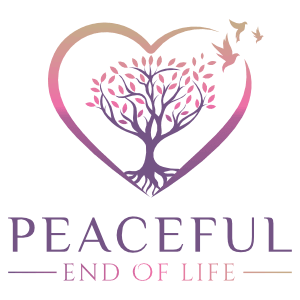As an End of Life Doula (also sometimes called a Death Doula), my days are often filled with a mix of emotional support, practical care, and compassionate companionship. My work is centered around providing comfort and guidance to individuals who are nearing the end of their life. Often this involves communication with their loved ones as well. I also work with people who aren’t yet terminal and have questions about what is to come. Every day is unique, and I never know what challenges or opportunities will arise.
Today, I met with a client who wants to explore different options for hastening her dying process. She’s considering going to Switzerland, (where voluntary assisted death is legal); applying for Medical Aid in Dying in another state (since Texas doesn’t yet support that option); Voluntarily Stopping Eating and Drinking (VSED), or Final Exit Network (FEN) and wants to discuss the pros and cons of each option. She’s not wanting to wait for a natural death, as she is suffering greatly and has run out of options for treatment. She also wants to take control of her own end-of-life journey. As her death doula, it’s my role to provide her with unbiased information, support her in her decision-making process, and help her navigate the complexities of these options.
I also had a conversation with one of my clients from another state who wanted detailed information on preparing financial information. She is taking care of not one, but both of her parents, and she needed someone to listen to all her concerns as well as discuss the financial aspect of just even paying their bills, how to get them to stop driving and other day-to-day concerns she has for her parents. She had questions about wills, trusts, probate, and other estate planning topics. As an end-of-life doula, it’s not just about supporting people emotionally; it’s also about helping them navigate the practical aspects of advanced aging, complex illnesses and approaching the end of life. I was able to provide her with resources and guidance on how to help get her parents affairs in order, which will hopefully bring some peace of mind to her and her family. Sadly, some people don’t take into account the financial things that simply must be done in order to make their financial matters go much easier for their loved ones….an end of life doula can help them get organized.
I also spoke with another client from out-of-state who was interested in learning more about VSED (Voluntarily Stopping Eating and Drinking) and the organization Final Exit Network (FEN). This is an option that some people choose when they’re facing a terminal illness or debilitating condition, as it allows them to take control of their own dying process. Clients will often choose this method if they don’t have resources to go to Switzerland or if they don’t qualify for Medical Aid In Dying (MAID). Sadly, here in the US, we have very strict rules to access MAID medications and many people don’t qualify. But they also suffer greatly and VSED and FEN give them a choice and an option to end their suffering on their own terms, if they choose to do so. We discussed the benefits and risks associated with those options, as well as the importance of having proper support systems in place.
I had a poignant conversation with someone who felt like they were trapped on the “end of life conveyor belt” – a grueling journey marked sometimes marked by years of treatment for a chronic or debilitating illness. While modern medicine has made tremendous strides in prolonging life, it can sometimes prioritize quantity (years of life) over quality, leaving patients to suffer through debilitating side effects and diminished well-being. The problem is often exacerbated by a medical system that can be reluctant to acknowledge when treatments are no longer effective, instead opting to try “just one more thing” or prescribe another experimental therapy. This can lead to a prolonged and arduous ordeal, leaving patients feeling lost and uncertain about their future. My client was struggling to navigate this complex landscape, unsure of how to advocate for himself or what questions to ask his doctor. Together, we explored his diagnosis, treatments that he’s had, future treatment options and personal goals, as well as his current (and future) quality of life. I offered guidance on how to have more informed and empowered conversations with his healthcare team, including suggestions for questions to ask and topics to discuss. By shedding light on the possibilities and potential next steps, I hope to have empowered him to take control of his care and make decisions that align with his values and priorities.
In addition to these conversations, I spent time responding to numerous emails and social media comments about death and dying. People often reach out to me with questions or concerns about end-of-life care, grief support, or how to navigate complex medical systems. As an end-of-life doula working through virtual platforms such like video conferencing, I can offer compassionate care across distances.
I do spend a lot of time with my virtual/long distance clients, but if I have a local client, we might have frequent meetings to discuss their questions related to end of life. We frequently will address the key points that I have on my Free Guide and together we can work toward planning for a good death. As they progress, I might sit vigil by their bedside if they are actively dying. Being present with someone as they transition from life to death is a profound experience, and one that I feel deeply honored to be a part of. I will often hold heir hand, listen to their breathing, and be there as their life slips away. Sometimes family will be there too, but sometimes family is in another location and they don’t want their loved one to pass away alone. That’s where I would come in and sit with that person. I consider it a great privilege to be able to provide comfort and reassurance to them and their loved ones during this difficult time.
Working with an end-of-life doula like myself can have numerous benefits for both the client and their loved ones including: emotional support; practical help; facilitating open conversations; preserving legacy through storytelling; navigating complex medical systems; education on what happens when we’re dying; creating personalized plans for end-of-life care and much more. Take the first step toward a more mindful and intentional approach to the end of life – Contact Me today and Book a Session and let’s start exploring your options together.


